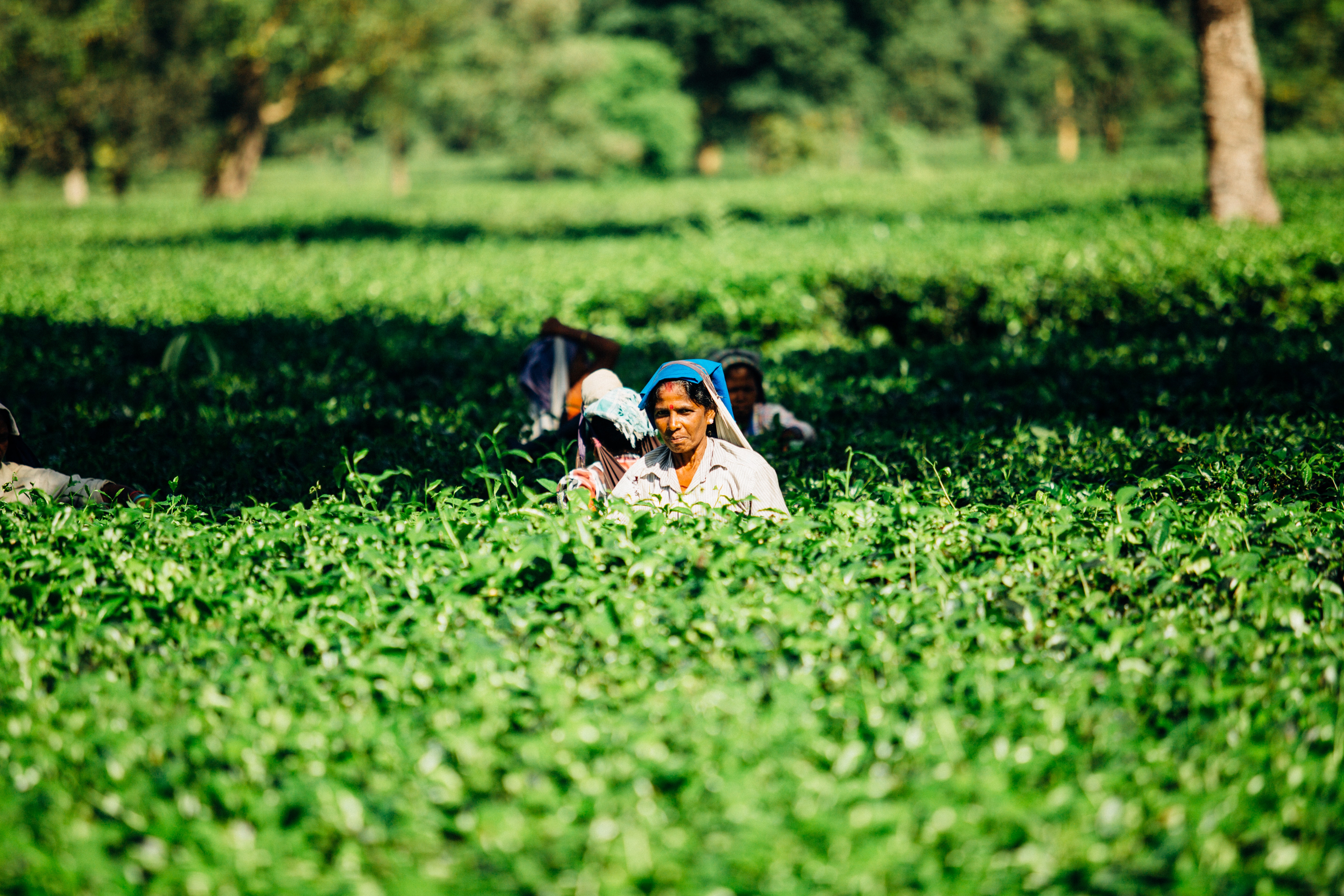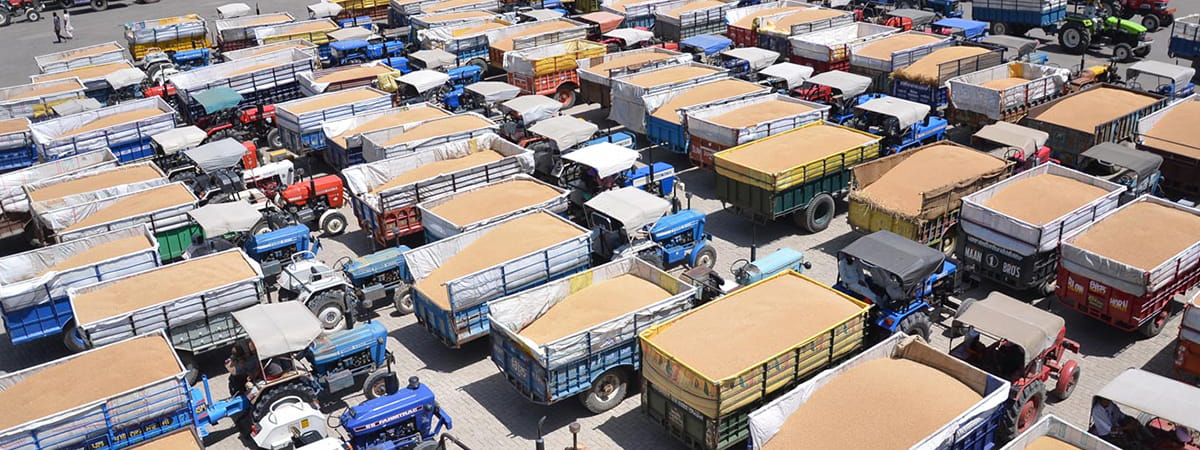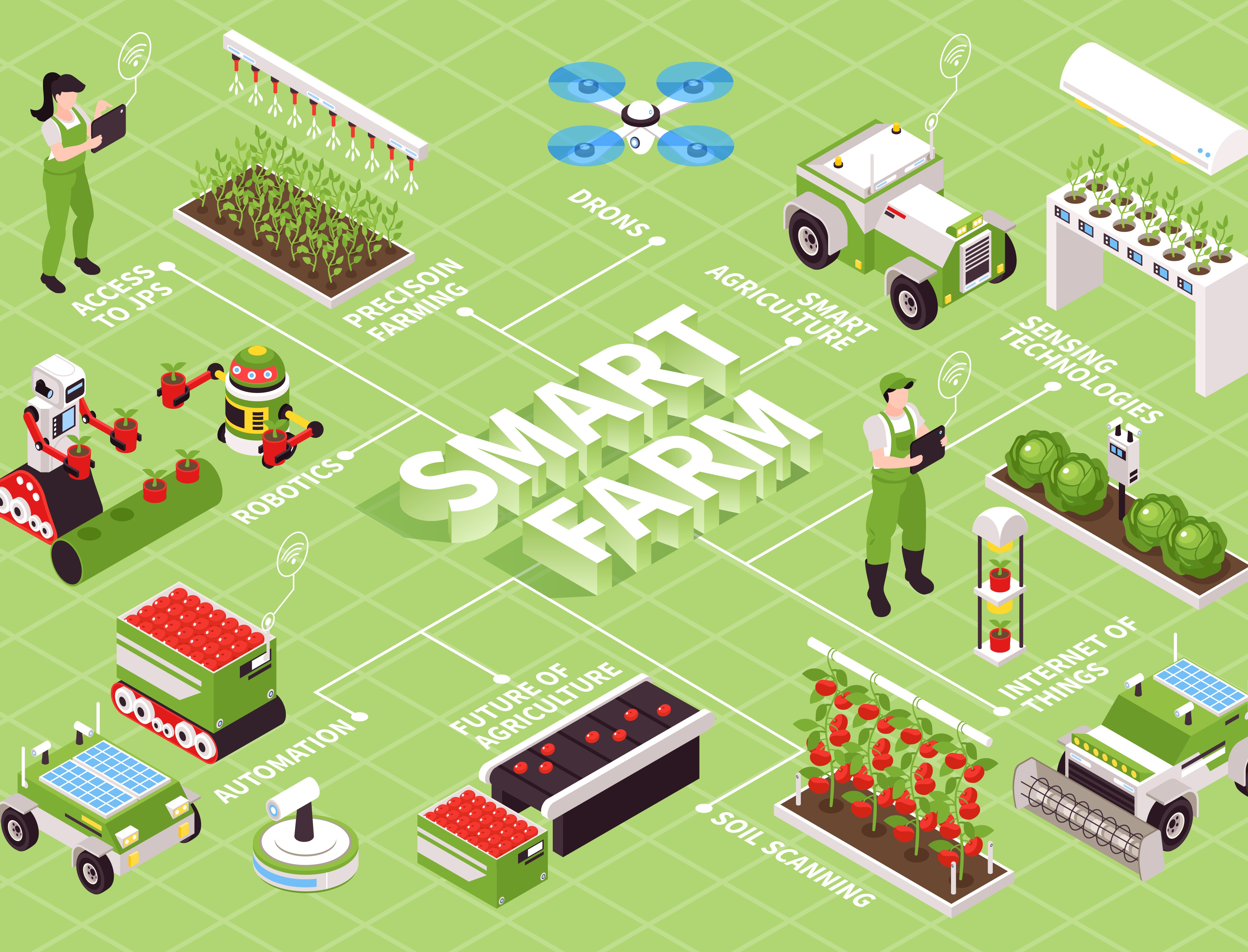Though the Indian government has promised to double farmer’s income by 2023 and planned its policies accordingly, farmers are expecting major announcements from the administration which can address their concerns. The farming sector is looking forward to innovative approaches in agri-finance and warehousing sector. We’ll be talking about Doubling Farmers’ Income in the next article.

Since India is an agrarian country, agriculture sector employs more than 50 per cent of the total workforce in India and contributes around 17-18 % to the country’s GDP. We are a developing country and the majority of our population belong to the rural area whose primary job is agriculture. But it’s been decades these rural people are living the same way they used to live 30 years ago. It is because agriculture in India is not a profit-making job anymore.
Indian agriculture has been plagued by several problems which, directly or indirectly, affect the life of a farmer. The problems faced by Indian farmers go unnoticed in the entire process of extracting food and harvesting crops. However, the major problems are unavailability of seeds of good quality, small and fragmented landholdings, poor irrigation facilities, lack of mechanization, and lack of warehouse or storage facilities. There are many other issues the farmers have been facing for a very long time.

Lack of infrastructure in the agriculture sector
One of the major reasons for lower agricultural productivity is that the soil is contaminated by the increasing level of river and canal pollution mainly caused by high industrial effluents and toxic metals. India lacks a modernized infrastructure in the agriculture sector leading to soil erosion which further causes land degradation. Also, the inappropriate use of fertilizers and pesticides causes a lack of nutrients in the soil that are actually very necessary for healthy agricultural productivity.

Lack of mechanisation in Indian agriculture
To clear out the misconception, increasing levels of agricultural mechanization doesn’t necessarily mean heavy investments in tractors and other machinery. Farmers need to choose the right type of source to perform a particular operation depending on work and who is doing it. In most cases, women carry out the majority (80%) of the farm labour required. With small and marginal farmers, there is literally no use of machinery in ploughing the land and sowing the seeds, irrigating and pruning, weeding and harvesting the crops. This results in huge wastage of human labour and lower productivity per capita labour.
Agricultural marketing
Agricultural marketing plays an important role in not only stimulating production but also consumption. Its dynamic functions help majorly in promoting economic development and also has been described as an important multiplier of agricultural development.
Some of the major enhancements it covers are Optimization of resource use and Output management, Increase in farm income, Widening of markets, Price signals and Employment, and Addition to National Income. Also, agricultural marketing creates various utilities like form utility, place utility, time utility, and possession utility.

Scarcity of Capital
Since agriculture is a paramount industry, thus just like any other sector it requires capital. Especially the same input is more important with the increase in the advancement of agricultural technology. But usually what happens in India is that farmers tend to sell their yield to the moneylenders they borrowed money from.
Inadequate transportation
Indian agriculture still lacks an affordable and efficient means of transportation. Even today, there are lakhs of villages which are not well connected with roads and market centres. Insufficient logistics services are impediments with post-harvest issues. Proper management of a rural agriculture market and unorganized linking of villages will benefit the farmers and reduce the wastage of the produce.

Also, illiteracy & lack of awareness about the recent developments in Indian agriculture and the poor socio-economic status of the farmers are responsible for the continuous decrease in agricultural productivity. Inadequate & untimely finance and inconsistent government policies have aggravated the problems.
However, agribazaar delivers promising logistics services in collaboration with third-party service providers. But the hindrance of right farming equipment is an obstacle in the lives of farmers and modern technology has adapted the needs of modern farming practices. Implementation and training of equipment and machinery are essential and can change the lives farmers. Therefore, a team of professionals must be appointed for these farmers for the welfare of the agricultural division of the economy. Otherwise, the unawareness of farmers can hinder their successful agriculture and crop harvesting practices.








 Connect With Us
Connect With Us
Philosophy is the discipline that studies fundamental and universal questions, including existence, knowledge, values, mind, and language. It covers many topics and problems, ranging from ethics and political figures to metaphysics and logic. Here are the main nuances of philosophy:
1. Definition of Philosophy
Philosophy comes from the Greek words “philos” (love) and “sophia” (wisdom). It is the desire to realize and make sense of the world around us and our place in it.
2. The Main branches of philosophy
– Ontology the study of the essence of being and existence.
– Epistemology the study of the nature and limits of knowledge.
– Ethics the analysis of ethical principles and concepts of good and evil.
– Logic research of the forms and principles of correct thinking.
– Socio-political philosophy the study of questions of power, justice and the state.
3. Eminent Philosophers
In the course of the history of philosophy, almost many thinkers have made significant contributions to this science. Some of the most recognizable include:
– Socrates, considered the founder of Western philosophy.
– Plato, a pupil of Socrates, developed the doctrine of forms.
– Aristotle, the creator of logic and many of scientific fields.
– Immanuel Kant, known for his own James Joyce critical philosophy and work on moral issues.
4. The Relevance of Philosophy in the Modern World
Philosophy remains urgent in the modern world since it helps people to understand difficult social and moral issues, and also develops critical thinking. It influences the legal system, politicians, and different fields of science.
5. Practical Applications of Philosophy
Philosophical ideas enter daily life. Ethical reflection helps people do the correct thing in difficult situations, and philosophical analysis contributes to better understanding of issues related to technology, art, and social justice.
Philosophy is not only an academic discipline, yes and method of thinking that helps us to understand life’s complexities and make informed choices.
Philosophy is the discipline that studies fundamental and universal questions, such as existence, cognition, values, mind, and language. It encompasses many subjects and issues, from ethics and political figures to metaphysics and logic. Here are the main nuances of philosophy:
1. Definition of Philosophy
Philosophy comes from the Greek words “philos” (love) and “sophia” (wisdom). It is the desire to realize and make sense of the world around us and our place in it.
2. The Main branches of philosophy
– Ontology the study of the essence of being and existence.
– Epistemology the study of the nature and limits of knowledge.
– Ethics the analysis of ethical principles and concepts of good deed and evil.
– Logic research of the forms and principles of correct thinking.
– Socio-political philosophy the study of questions of power, justice and the state.
3. Eminent Philosophers
Throughout the history of philosophy, many thinkers have made significant contributions to this science. Some of the most recognizable include:
– Socrates, considered the founder of Western philosophy.
– Plato, a student of Socrates, developed the doctrine of forms.
– Aristotle, the creator of logic and a large number of scientific fields.
– Immanuel Kant, known for his own Marcel Proust critical philosophy and work on moral issues.
4. The Relevance of Philosophy in the Modern World
Philosophy remains urgent in the modern world because it helps people to understand difficult social and ethical issues, but also develops critical thinking. It affects the legal system, politicians, and various fields of science.
5. Practical Applications of Philosophy
Philosophical ideas penetrate everyday life. Ethical reflection helps people do the correct thing in difficult situations, and philosophical analysis contributes to better understanding of problems related to technology, art, and social justice.
Philosophy is not only an academic discipline, yes and a way of thinking assists us to understand life’s complexities and make informed choices.
Philosophy is the discipline that studies fundamental and universal questions, such as existence, cognition, values, mind, and language. It covers a vast number of topics and problems, from ethics and politicians to metaphysics and logic. Here are principal aspects of philosophy:
1. Definition of Philosophy
Philosophy comes from the Greek words “philos” (love) and “sophia” (wisdom). It is zeal to understand and make sense of the world around us and our place in it.
2. The Main branches of philosophy
– Ontology research of the essence of being and existence.
– Epistemology the study of the nature and limits of knowledge.
– Ethics the analysis of ethical principles and concepts of good and evil.
– Logic research of the forms and principles of correct thinking.
– Political philosophy the study of questions of power, justice and the state.
3. Notable Philosophers
During the history of philosophy, almost many thinkers have made meaningful contributions to this science. Some of the most famous include:
– Socrates, considered the progenitor of Western philosophy.
– Plato, a student of Socrates, developed the doctrine of forms.
– Aristotle, the creator of logic and a large number of scientific fields.
– Immanuel Kant, known for his own Scott Fitzgerald critical philosophy and work on moral issues.
4. The Relevance of Philosophy in the Modern World
Philosophy remains urgent in the modern world since it helps people to understand complex social and moral issues, but also develops critical thinking. It affects the legal system, politicians, and different fields of science.
5. Practical Applications of Philosophy
Philosophical ideas enter daily life. Ethical reflection helps people do the correct thing in difficult situations, and philosophical analysis contributes to most excellent understanding of issues related to technology, art, and social justice.
Philosophy is not only an academic discipline, but also a way of thinking assists us to understand life’s complexities and make informed choices.